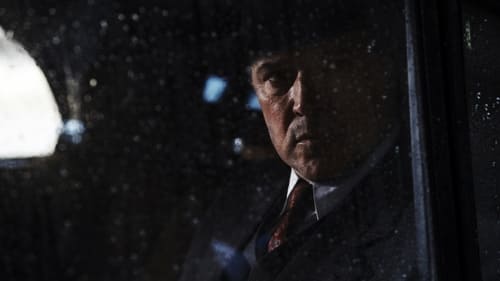
Dramaturgy
In the former Czechoslovakia, 1950s, police captain Hakl investigates a jewelery robbery. An opened safe deposit leads to a known burglar. What seems an easy case soon starts to tangle. When he is called off the case, he continues on his own. The investigation leads him onto thin ice. Can he beat a stronger enemy and save his family and his own life?

Screenplay
In the former Czechoslovakia, 1950s, police captain Hakl investigates a jewelery robbery. An opened safe deposit leads to a known burglar. What seems an easy case soon starts to tangle. When he is called off the case, he continues on his own. The investigation leads him onto thin ice. Can he beat a stronger enemy and save his family and his own life?

Director
A provocative snapshot of the world we live in. It is a well-known fact that our society is structured like a pyramid. The very few people at the top create conditions for the majority below. Who are these people? Can we blame them for the problems our society faces today? Guided by the saying “A fish rots from the head” we set out to follow that fishy odor. What we found out is that people at the top are more likely to be psychopaths than the rest of us.

Dramaturgy

Second Assistant Director
Interviews with a procurer and with nineteen boys and young men who are prostitutes in Prague. The youths range in age from 14 to 19. They hustle at the central train station and at clubs. Most of their clients are foreign tourists, many are German. The youths talk about why they hustle, their first trick, prices, dangers, what they know about AIDS, their fears (disease and loneliness), and how they imagine their futures. The film's title, its liturgical score, much of it elegiac, and shots of the city's statues of angels underline the vulnerability and callow lack of sophistication of the young men.



